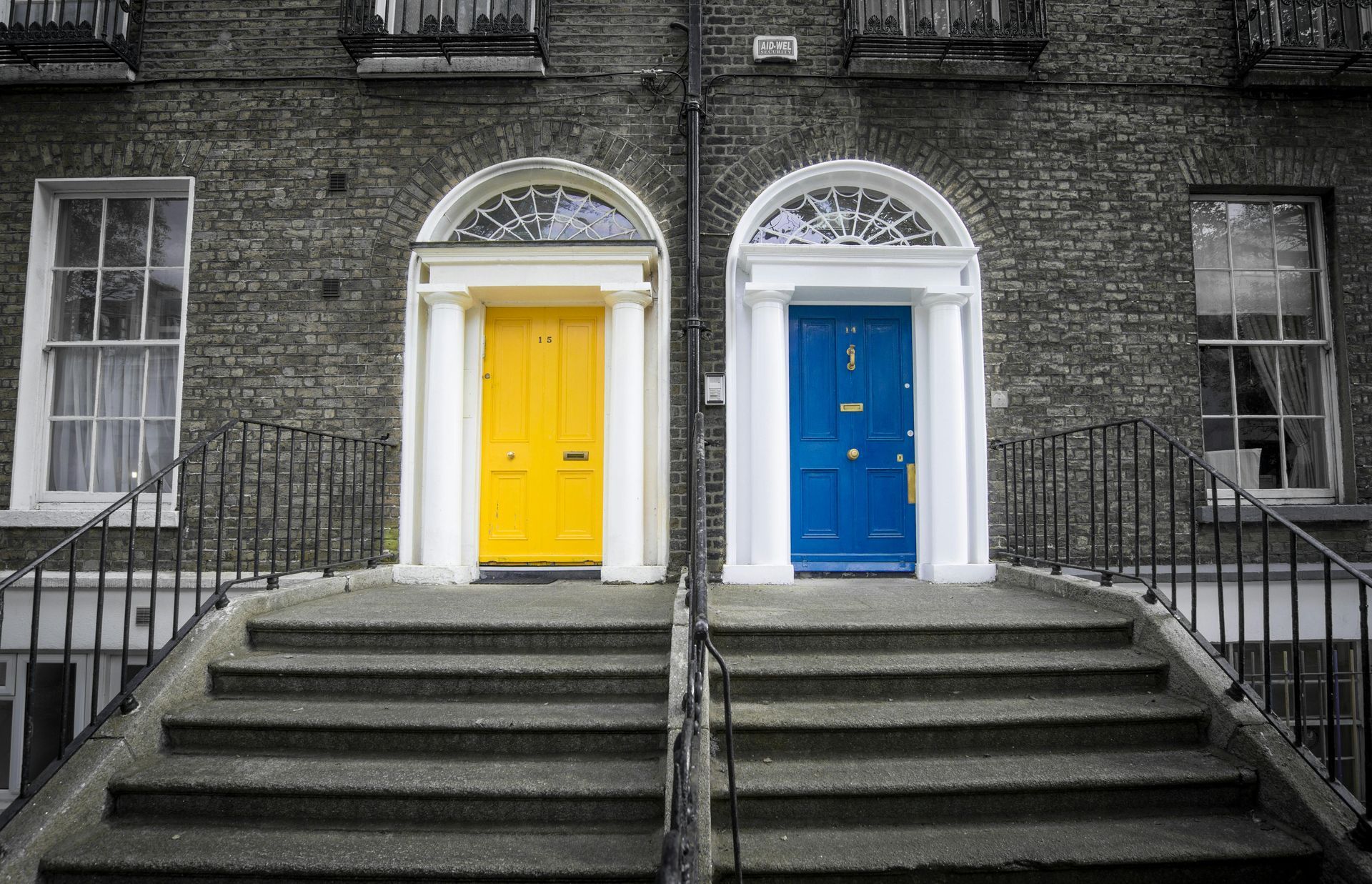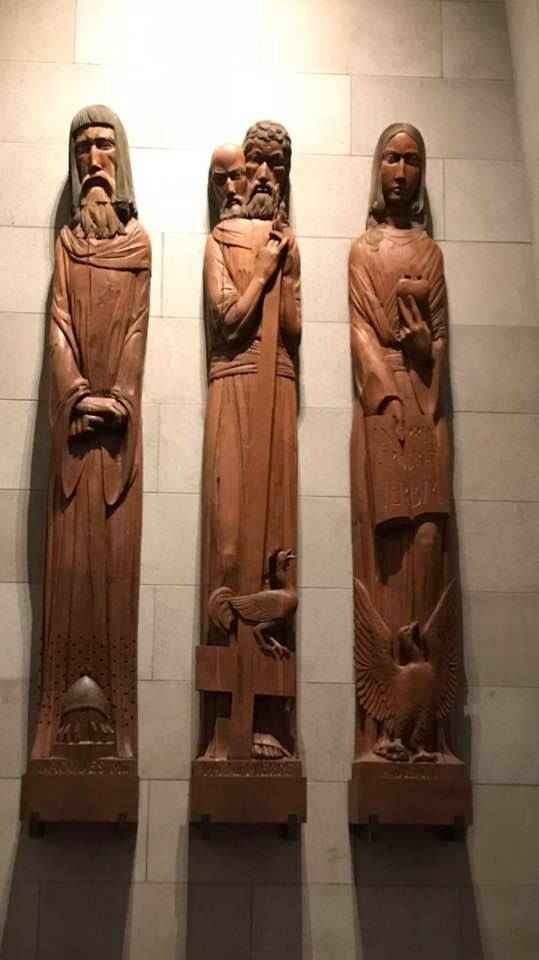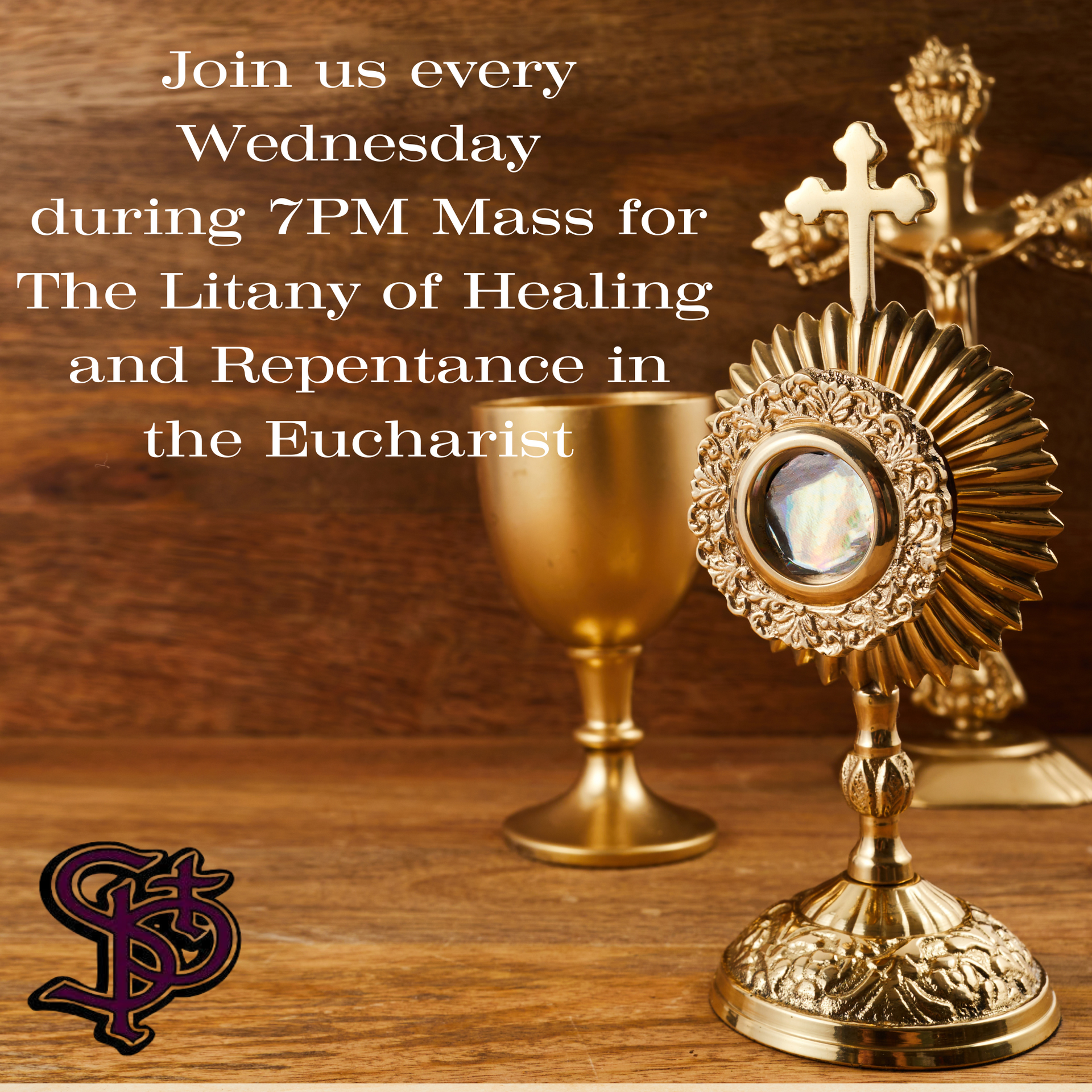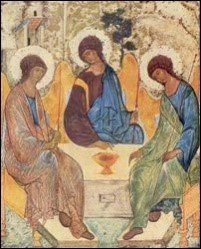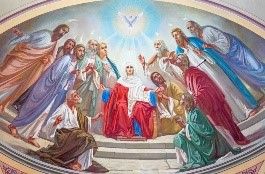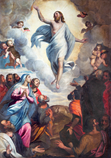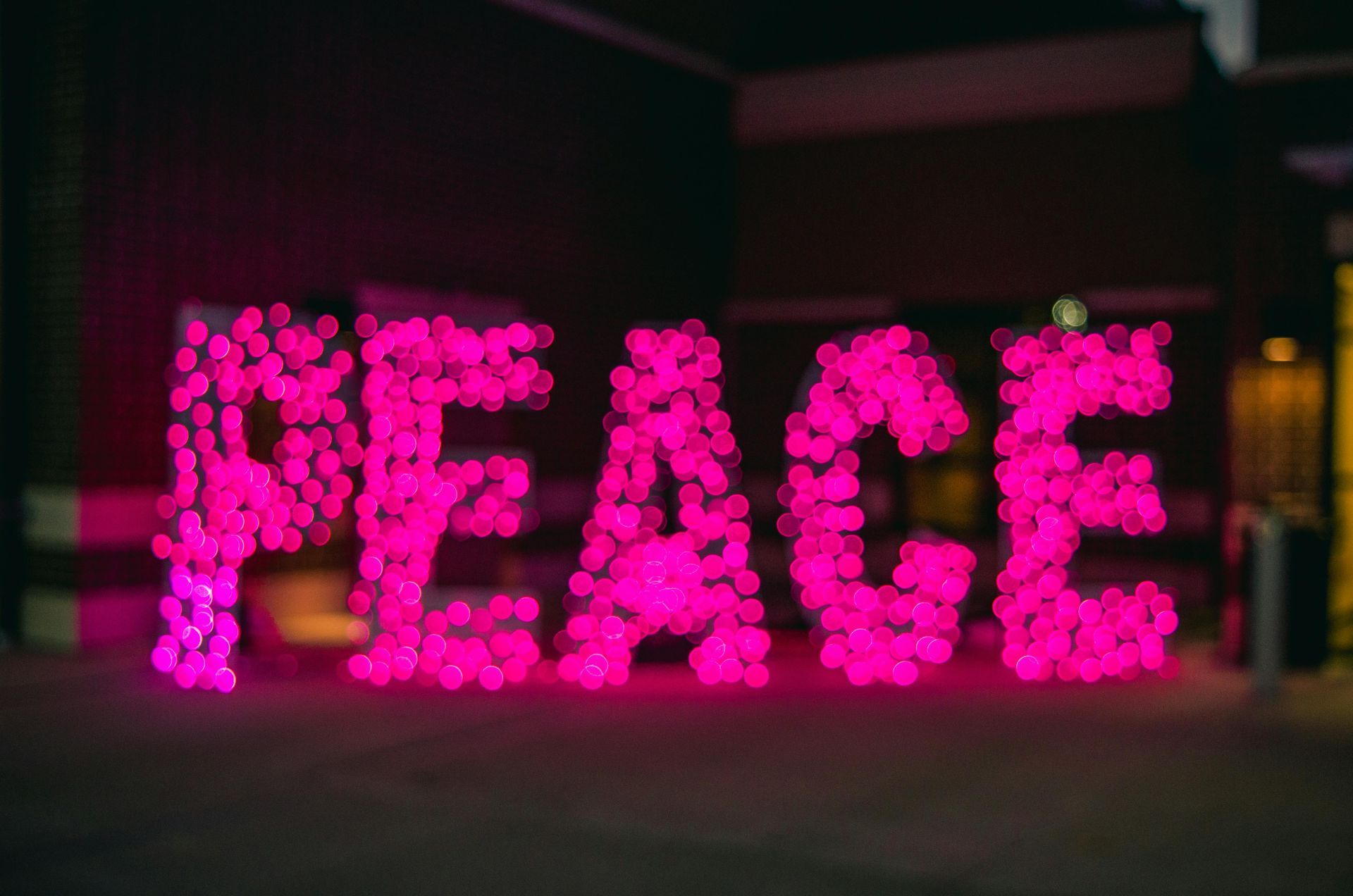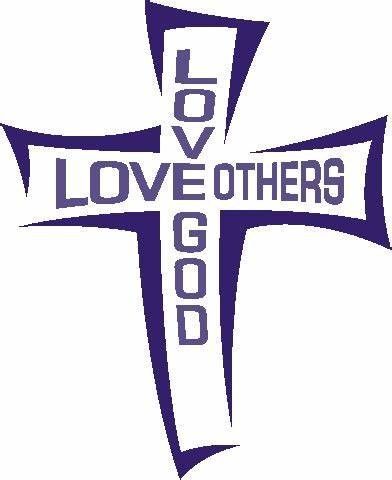Seeing, Speaking, and Listening are Parts of the True Human Dignity
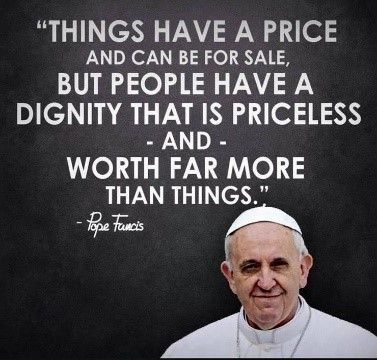
Joke: One day, while he was walking with God in the Garden of Eden, Adam said, "Excuse me, God, can I ask you a few questions?" God replied, "Go on Adam but be quick. I have a world to create." So, Adam says, "When you created Eve, why did you make her body so curved and tender, unlike mine?" "I did that, Adam so that you could love her." "Oh, well then, why did you give her long, shiny, and beautiful hair?" "I did that Adam so that you could love her." "Oh, well then, why did you make her a little slow, God? Is that too because I should love her?" "Well, Adam, no. I did that so that she could love you."
Just as Adam tried to find a way to understand himself and his wife Eve that he asked God question after question, the man born blind reported in today’s Gospel, after he restored his sight, tried to understand who God is. Jesus met him again and told him who he is saying, “You have seen him, and the one speaking with you is he.” “I do believe, Lord,” he replied, “and he worshiped him.” In seeing the Lord, speaking with him, and listening to him, the blind man was able to recognize him and worship him. It was not because of his sins, nor his parents’ sins that he was born blind, but the Lord Jesus said, “It is so that the works of God might be made visible through him” since he was also created in the image and likeness of God. In his true human nature, God created him well as we recall from the creation stories in the book of Genesis. No matter who he is, what condition he is born with, or whatever walk of life that he has been through, he is stillborn in the image and likeness of God and a good creature in the eyes of God. What does it mean to be born in the image and likeness of God that a man born blind? Is God blind also when someone is born blind? What is the true human dignity of a person?
In the Compendium: Catechism of the Catholic Church, it said, “By nature and by vocation, therefore, man is a religious being, capable of entering into communion with God. This intimate and vital bond with God confers on man his fundamental dignity” (CCC 2). This means that we can only recognize our true human dignity when we truly enter into communion with God or have an intimate and vital relationship with God. No matter whether we are born blind, deaf, mute, with down syndrome, missing body parts, or whatever condition that we are born with, if we distance ourselves from God, we will lose the true human dignity in which we are created in the image and likeness of God.
In today’s Gospel, Saint John beautifully portrays the healing of blindness from a man born blind. Jesus, the Healer, with a heart of compassion, mercy, and love, restores his sight and brings him back to the society that considered him a sinner. Is it his sin that he’s born blind? Or his parents’ sins that he’s born blind? Jesus reminds us very clearly in today’s Gospel that it’s not his sins nor his parents, but “It is so that the works of God might be made visible through him.” How do we recognize our true human dignity and the presence of God in our lives when we are born with whatever condition it is; or when our spouse cheated on us, our children go astray; or when we suffer everywhere we go; especially when we cannot even see ourselves valuable anymore as a human person? Just as Jesus reached out to a man born blind who, according to the culture at that time, is a sinner, the outcast of society, Jesus restores his sight and helps him recognize the Lord when he saw him, spoke with him, and listened to him. Each time, we gather together to pray and worship the Lord, we are invited to restore the sight of our brothers and sisters through our good words and good deeds to one another. The moment we distance ourselves from one another by using unkind words and unkind deeds to one another, the moment we isolate ourselves, we choose to live in the dark, in destruction.
Make no mistake when Saint Paul reminds the Ephesian community, and perhaps to each one of us, reported in today’s second reading, saying, “You were once darkness, but now you are light in the Lord. Live as children of light, for light produces every kind of goodness and righteousness and truth.” How can we become the children of light if it’s not to come to the Word of God? Through Scripture, the Word of God, and the Tradition that was passed down to us from his apostles that we have come to know God and receive the light of Christ on our Christian journey. Those of us profess ourselves as Catholics and Christians, the moment that we are baptized, we are given a candle lighted from the Easter Candle, the Light of Christ, entrusted to our godparents and parents to keep that light of Christ burning, to shine on our Christian journey. Before our baptism, we live in darkness, we distance ourselves from God. Through baptism, we live in the light of Christ. When we live as the children of light, Saint Paul reminds us that we will produce what he called, “every kind of goodness and righteousness and truth.” Therefore, the moment that we cannot tell the truth; the moment that we mistreat one another, the moment that we bring hardship to one another, the moment that we are unjust to one another, or many other destructive and unloving moments, the moment that we need to ask ourselves, have I lived as the children of the light, or do I prefer to live in darkness, in isolation?
As we recall from the Old Testament, Moses’ laws prohibited people to work on the Sabbath, but the Lord Jesus healed the blind man on the Sabbath. Moses’ laws taught that if a woman was caught adulterous with a man, she would be stoned to death; but Jesus didn’t condemn her nor put her to death. Moses’ laws taught that those who were born blind were considered sinners, but Jesus confirmed that it was not his sins or his parents’ sins that he was born blind. Moses’ laws taught that an eye for an eye, and a tooth for a tooth, but Jesus taught us to love our enemy and to pray for them. It is rooted in the love that we are created in the image and likeness of God. It is also rooted in the love that we can recognize our true human dignity. It is only rooted in the love that we can see God, converse with him, and listen to him in our brothers and sisters. God always loves us, follows us, and invites us to have a conversation with him, to see him, and to listen to him in our brothers and sisters with whom we come into contact each day. Our true human dignity does not only appear from our physical appearance but rather, it is revealed in our relationship with God and with one another. Therefore, to love God and to love one another is an invitation for us on our Christian journey. The decision is yours.

